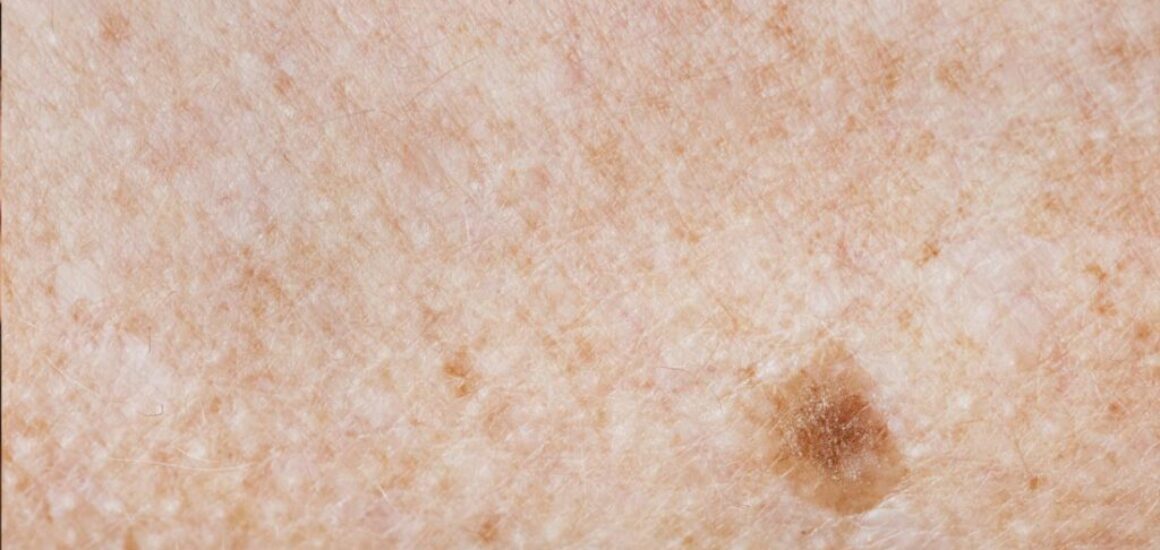The Difference Between Nonmelanoma and Melanoma Skin Cancers
We’ve always talked about melanoma, seeing as it’s the most aggressive and most deadly form of skin caner. But what about the nonmelanoma skin cancers, like basal cell or squamous carcinomas? Reports say that there are almost 5.4 million nonmelanoma skin cancers diagnosed every year.
The risk factors for nonmelanoma skin cancers are the same as melanoma: exposure to UV rays, your natural skin color, the number of moles on your skin, and your family’s history of skin cancer.
Nonmelanoma skin cancers tend to grow slowly. It can take months or even years for these cancerous growths to fully appear on your skin. These types of cancers grow on the top parts of the skin, also known as the squamous cells (the top-most layer of cells of your skin) or the basal cells (the floor of your epidermis).
This is why these cancers are known as basal cell or squamous cell carcinomas. In terms of appearance, nonmelanoma cancers usually manifest themselves as new lesions rather than a mole-like growth, which is what melanoma usually manifests itself as. Melanomas usually form within the skin’s melanocytes, or the cells that give your skin its color. Melanocytes acts as a protective barrier from the sun’s harmful rays from damaging the even deeper layers of your skin.
Basal cell carcinomas can be flesh-colored, pearl-like bumps, or pink patches of skin. They can be scaly, flat, discolored, or raised. Squamous cell carcinomas on the other hand might look like a scab, a red bump, a scaly patch or a sore that never heals.
The diagnosis is the same, your dermatologist will carefully examine your skin lesions visually, or they might take a biopsy and send it to a lab for further diagnosis. The good news about nonmelanoma skin cancers is that while some types are aggressive, most are easily treatable and those who are diagnosed with them have good survival rates when treated soon enough. Melanomas on the other hand are far more dangerous and have a lower survival rate if left untreated for a longer period of time. You can find more information about skin cancers by visiting our skin cancer resource page.




